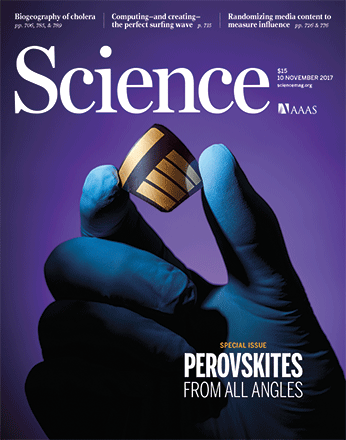
Despite the decrease in revenues and readership and the rise of alternative sources of information, news media retain a very significant ability to influence national agendas. A complex experiment run in the United States in 2014-2016 proves that the publication of an article on a given subject can substantially increase the public's interest in and discussion about a policy area.
It is very difficult to run a real-world large-scale experiment on the impact of news media on the public opinion, because of a number of serious methodological, logistical, and even ethical issues involved. However, the three authors of the paper managed to overcome these issues: they managed to involve and coordinate 48 different media outlets, to run the experiment 35 times, and to establish a protocol respecting the procedures and norms of both the journalistic and scientific communities.
The experiment consisted in the publication of a given story on two to five media outlets at a random date. The consequent quantitative variation in expressed public opinion was measured (on Twitter): compared to an ordinary control week, were people talking more about the policy area linked to the published story? The evidence indicates that this was the case: as the authors explain, “our experimental treatment cause[d] the number of social media posts appearing in a broad national policy area discussion to increase by 19.4% on the first day after publication”.
Overall, the experiment detected “large news media effects on the content of the national conversation”. What makes this result particularly interesting is that the media which took part in the experiment were mostly small-size: large media outlets have an even stronger impact on the national conversation and agenda. Since the evidence suggests that media retain a very significant role in the public debate, it is particularly important that they uphold their independence and responsibility.
Tags: Social media Local mediaThe content of this article can be used according to the terms of Creative Commons: Attribution-NonCommercial 4.0 International (CC BY-NC 4.0) . To do so use the the wording "this article was originally published on the Resource Centre on Media Freedom in Europe" including a direct active link to the original article page.

